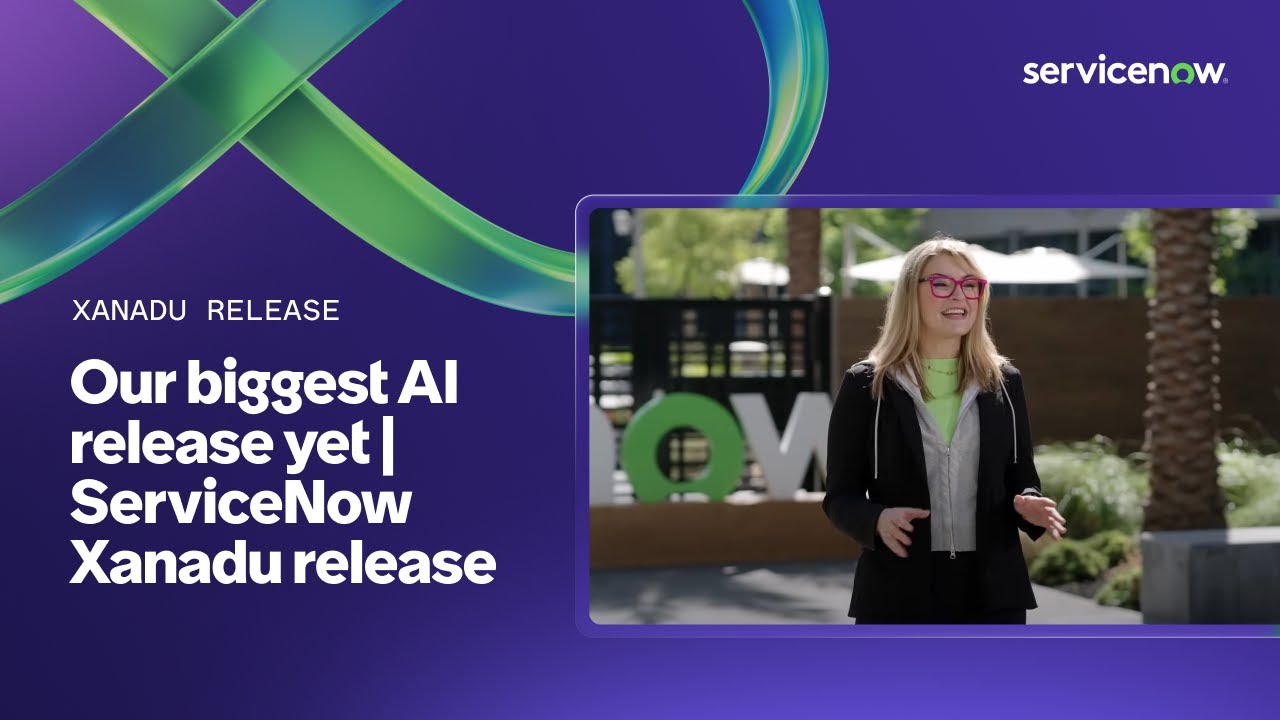How can Artificial Intelligence be used in businesses?
Summary
TLDRThis transcript discusses the transformative impact of AI on businesses, highlighting four key areas: enhancing data utilization to uncover trends, providing personalized customer services, integrating AI into products to make them smarter, and optimizing business processes through automation. The speaker, who has worked with global companies and organizations like Shell and the UN, emphasizes AI's role in making better use of data, improving customer insights, and streamlining operations.
Takeaways
- 💡 AI can help businesses make better use of their data and identify important trends automatically.
- 📊 Less than 1% of organizational data is currently used for decision-making, but AI can automate insights from this data.
- 🛒 AI can enhance customer service by providing more intelligent and personalized recommendations, like Amazon and Netflix.
- 🎬 AI can even customize the presentation of products, like changing movie titles based on user preferences and viewing habits.
- 🤖 AI is increasingly being built into consumer products, from toothbrushes to cars, making them smarter and more responsive.
- 🚗 AI-enabled products, such as autonomous vehicles and smart household appliances, are becoming the new standard for competition.
- 🏭 AI is optimizing business processes by automating tasks in production, supply chain, and delivery systems.
- 📦 Autonomous robots are being used for deliveries and warehouse management, becoming more common in logistics operations.
- 🔄 AI-driven robotic process automation can streamline repetitive clerical tasks, like in call centers and email management.
- 🏢 AI can improve both physical and clerical business processes, helping companies become more efficient and competitive.
Q & A
What is the primary role of the speaker in the transcript?
-The speaker helps organizations understand how they can use artificial intelligence and assists them in designing strategies around AI.
Which notable organizations has the speaker worked with?
-The speaker has worked with big global companies like Shell and government organizations like the United Nations.
What are the four specific areas where AI can be applied in a business according to the speaker?
-The four areas are: making better use of data and understanding trends, providing better personalized services, making products more intelligent, and optimizing business processes.
How does AI help in making better use of data?
-AI can analyze large amounts of data to identify important patterns and trends without the need for manual intervention, thus automating insights from data.
What is an example of how AI can provide personalized services?
-Companies like Amazon and Netflix use AI to provide personalized product recommendations based on customer insights and viewing habits.
How does AI make products more intelligent?
-AI is integrated into various products like smartphones, TVs, cars, and even toothbrushes to make them smarter and more responsive to user needs.
What is an example of how AI optimizes business processes?
-AI can automate tasks in factories, warehouses, and supply chains, as well as clerical and managerial tasks through robotic process automation.
Why is it important for businesses to consider AI for their operations?
-AI can lead to more intelligent decision-making, smarter services, more intelligent products, and more efficient business operations.
How does AI help in understanding customer behavior for service provision?
-AI can provide insights into customer behavior by analyzing data, which allows businesses to offer more personalized and intelligent services tailored to customer needs.
What is the future prediction made by the speaker regarding AI in products?
-The speaker predicts that soon AI will be integrated into almost all products, making them more competitive and responsive to user needs.
How can businesses learn more about the application of AI as discussed in the transcript?
-Businesses can learn more by subscribing to the speaker's YouTube channel or visiting their website for articles on AI in business.
Outlines

Dieser Bereich ist nur für Premium-Benutzer verfügbar. Bitte führen Sie ein Upgrade durch, um auf diesen Abschnitt zuzugreifen.
Upgrade durchführenMindmap

Dieser Bereich ist nur für Premium-Benutzer verfügbar. Bitte führen Sie ein Upgrade durch, um auf diesen Abschnitt zuzugreifen.
Upgrade durchführenKeywords

Dieser Bereich ist nur für Premium-Benutzer verfügbar. Bitte führen Sie ein Upgrade durch, um auf diesen Abschnitt zuzugreifen.
Upgrade durchführenHighlights

Dieser Bereich ist nur für Premium-Benutzer verfügbar. Bitte führen Sie ein Upgrade durch, um auf diesen Abschnitt zuzugreifen.
Upgrade durchführenTranscripts

Dieser Bereich ist nur für Premium-Benutzer verfügbar. Bitte führen Sie ein Upgrade durch, um auf diesen Abschnitt zuzugreifen.
Upgrade durchführenWeitere ähnliche Videos ansehen

Hyland Content Intelligence

How you should think about AI Agents this 2024. (Early Mover Advantage)

Our biggest AI release yet | ServiceNow Xanadu release

The impact of big data analytics on business decision-making | Case Study #4

Moby Demo | Triple Whale

Transform Your Marketing with Data and Agentforce | Salesforce
5.0 / 5 (0 votes)
